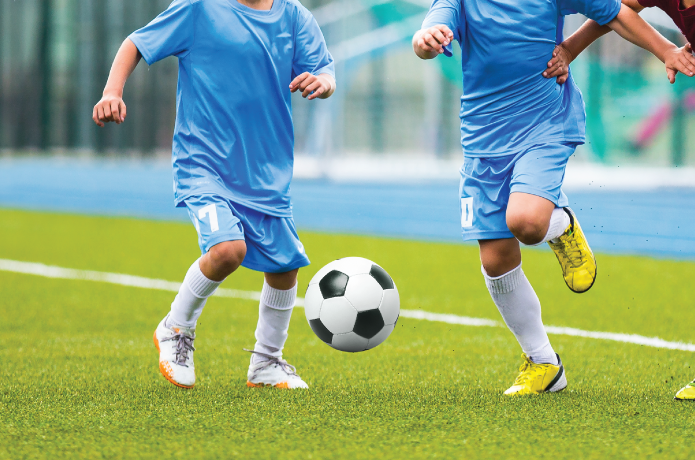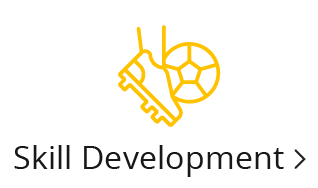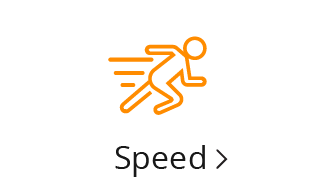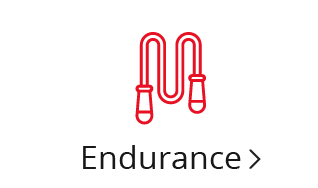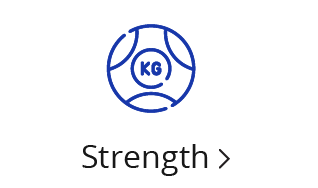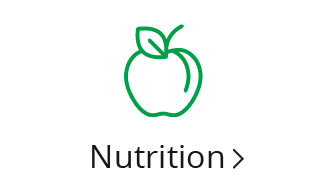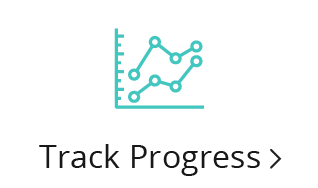Agility is made up of the ability to change direction quickly and the ability to process and react to an external stimulus.
Changing direction is a closed skill, it can be planned, Agility is the change of direction, as a result to external stimulus, creating a decision-making component before trying to change direction quickly and therefore, known as an open skill.
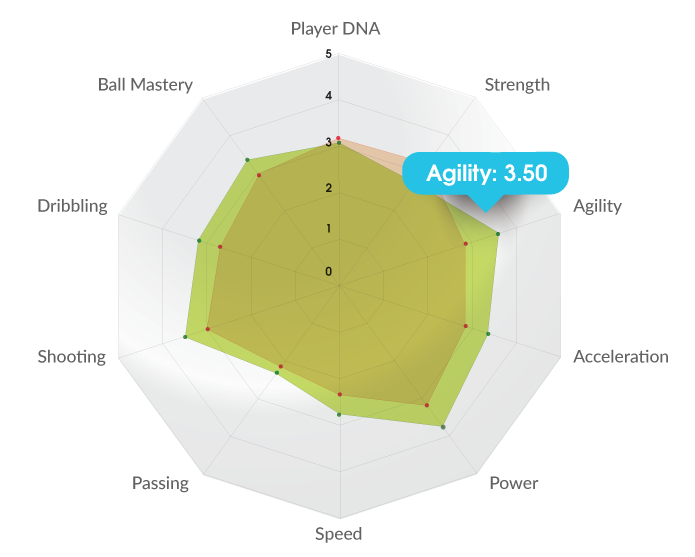
The best coaches will try and replicate sport realism in the training, and we have done the same thing for our Young Champions app.
When training, coaches will focus on types of sport specific stimulus in an attempt to have the greatest impact on agility such as;
- Using Opposition – For most sports, athletes will need to react to an opposing player.
- Environment – Scenario based training, e.g. Create opportunities for athletes to constantly practice being Agile in a Sport Specific Context by setting the challenges, e.g. “Try to beat your defender as many times as possible in the next 10 minutes.”During the game you are 2-0 down with 10 minutes to go (this will change the way the game is played).
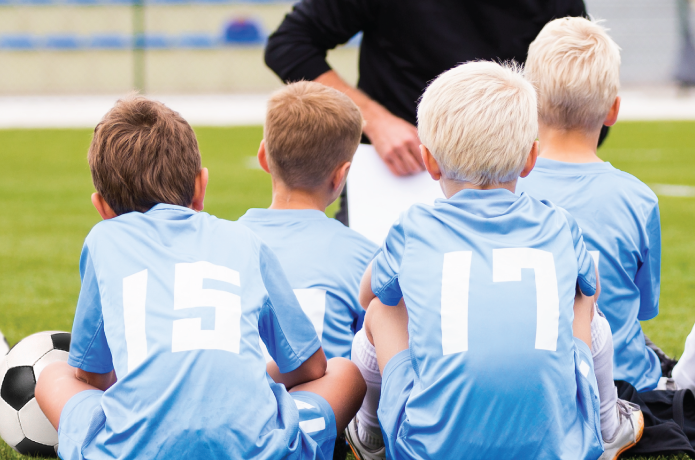
Developing a change of direction is a really good start to developing your Agility, as it provides the basis of the skill. Consider the 3 phases of Skill Acquistion. During Phase 1 of the Cognitive Phase, the Young Champion wants to concentrate on one thing, so using a closed skill of changing direction is an ideal start. Once this has been mastered, we can increase the level of external stimulus to develop all-round agility.
To develop Change of Direction consider;
Give your training CONTEXT
Build in Speed Work
Plyometrics Drills
You can monitor your change of direction speed through the following challenges found in our Young Champions App:
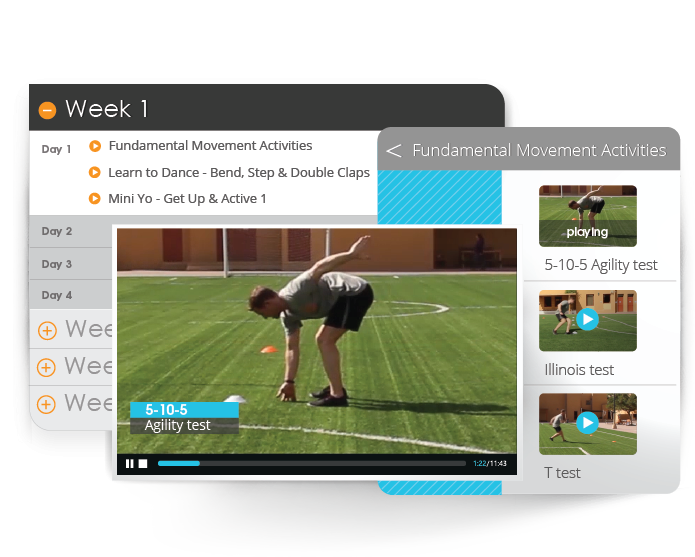
Now that a base has been developed by developing changing direction at Speed, Agility can be developed. Consider using the following ideas to sharpen your agility skills:
Play with a Friend
Play in different positions
BRAIN TRAINING!
Next section... Speed Development
